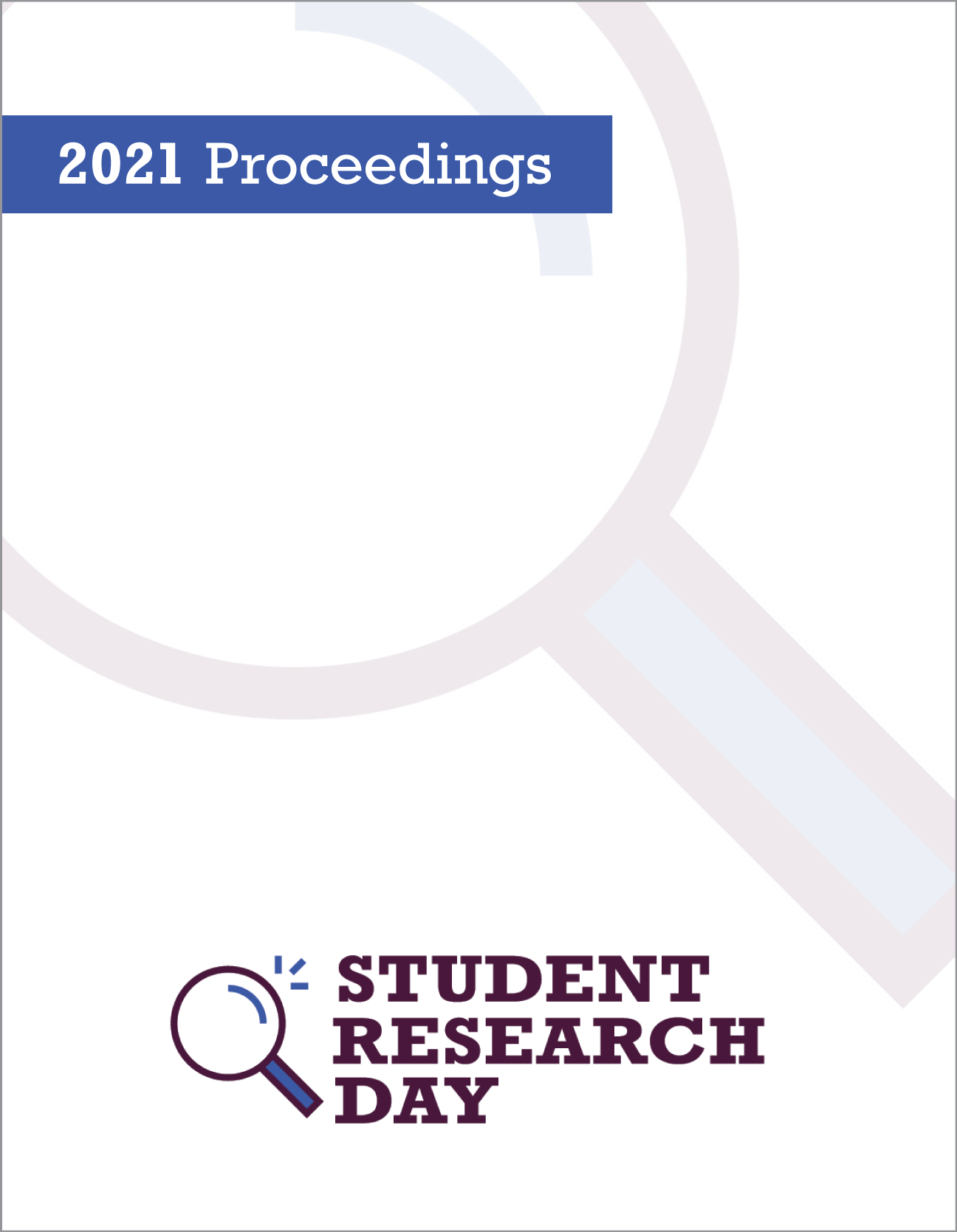Identifying demographic factors associated with the transmission of COVID-19 in Canada
Abstract
Since the 2019 eruption of the COVID-19 pandemic, behavioral and health related issues have impacted people significantly. As a result, mortality and morbidity rates have increased. Therefore, for my project I am looking at the impact of COVID-19 on specific socio-demographic factors in Canada, such as age group, biological sex, and location. I am also looking at how transmission patterns of COVID-19 have unfolded across all Canadian provinces and how these patterns are linked to human behaviors that have changed as a result of public health restrictions that have either been followed (isolating, mask wearing, social distancing, washing and sanitizing hands) or ignored (socializing and circulating misinformation about the pandemic). A preliminary assessment of the data revealed that COVID-19 cases increased significantly in Canada between October 16th (N= 2767) and November 30th (N=4924). During this time, more males became infected, especially in the age group 70-80 years. In conclusion, I will discuss the limitations of this research and the potential ways to reduce the outbreak.
Department: Anthropology
Faculty Mentor: Dr. Treena Swanston
References
Published
Issue
Section
License
Authors retain any and all existing copyright to works contributed to these proceedings.



